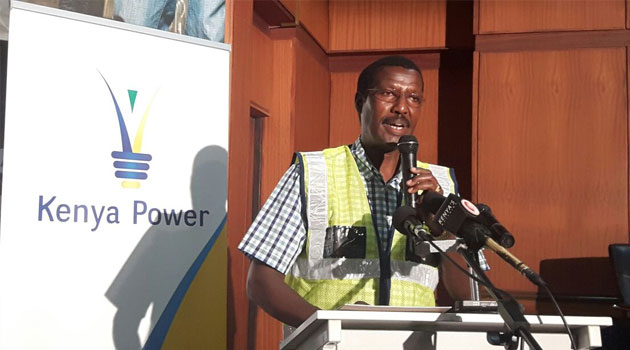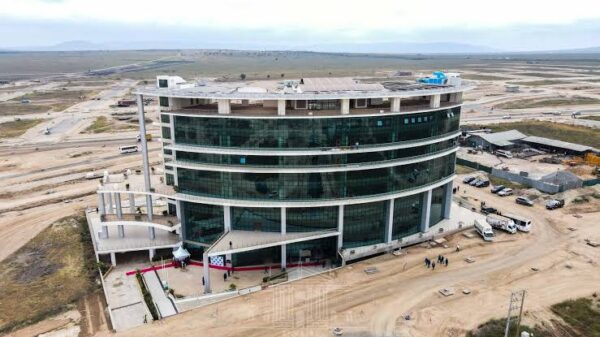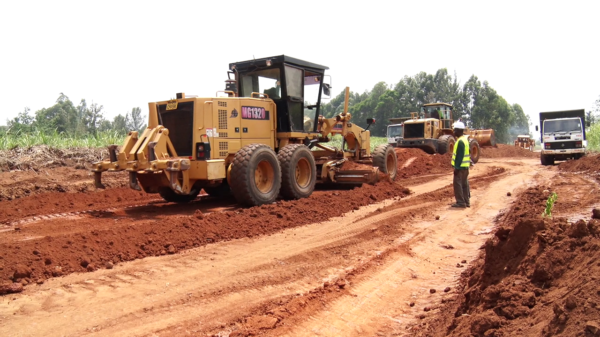
The project entails installation of underground cables around the City to eliminate interruptions that often result from interference with the overhead cables/CFM BUSINESS
NAIROBI, Kenya, Sep 13 – Kenya Power has kicked off a Sh13 billion underground power network project to improve the quality of electricity supply in Nairobi.
The project entails installation of underground cables around the city to eliminate interruptions that often result from interference with the overhead cables.
The underground cabling project is expected to reinforce the Nairobi City Centre bulk power supply system by providing alternative supply to the existing sub-stations.
“This is envisaged to improve supply quality to our customers around Nairobi. It will create a redundant network around the city, thereby improve flexibility of the existing system and reduce downtime,” Kenya Power Managing Director Ben Chumo said on Tuesday during the launch of the project.
The underground cabling project is being implemented through a concessional 20-year loan, at a 2 percent interest with a grace period of seven years and repayment term of 13 years from China Exim Bank.
It is expected to be completed by the end of July 2017.
About 30.71 kilometres of transmission lines in underground cables will be installed, connecting to the new 220 kilovolt/66 kilovolt city centre sub-station.
This will provide a link between the new sub-station and six other existing sub-stations around the city to expand the distribution network and reduce system losses.
“In addition to the city centre sub-stations, the project will also involve construction of two other sub-stations. The underground cabling technology is more aesthetic compared to overhead lines and less expensive in terms of land acquisition challenges and way leave requirement,” Chumo said.
Apart from Nairobi, the company plans to implement the project in other major cities like Mombasa, Nakuru and Kisumu where according to Chumo, are concentrated with industrial and heavy power consumers which account to 60 percent of Kenya Power annual revenue.
Between June 2013 and September 2016, Kenya Power’s customer base increased from 2.3 million customers to 5 million, calling for adequate investment in the network to serve the growing number of customers.
During that period, the national power distributor constructed and upgraded 81 sub-stations and built 11,718 kilometres of new medium voltage lines.
“The electricity access rate currently stands at 64 percent, having increased from 27 percent in 2013. By the end of next year, the country’s rate of access to electricity is projected to be 70 percent with a corresponding increment in the number of customers,” Chumo said.



































